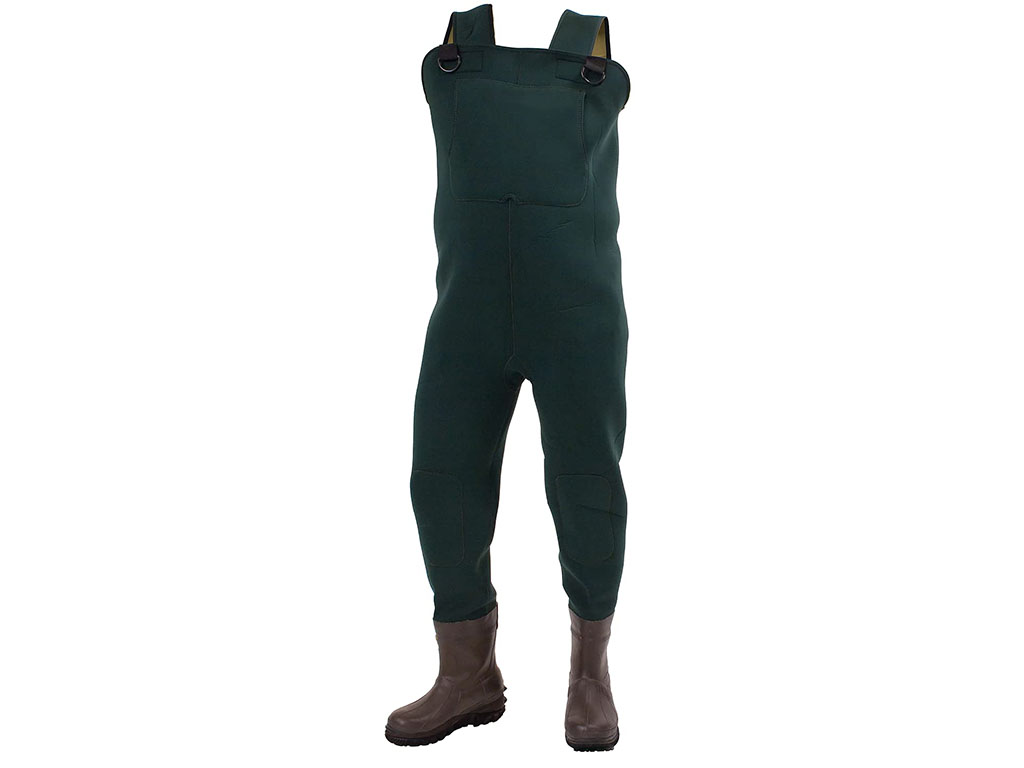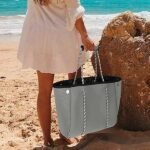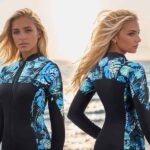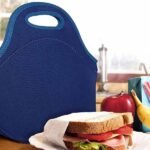Neoprene waders are a go-to choice for anglers, hunters, and outdoor enthusiasts who spend extended periods in wet environments. But do they actually keep you dry, and are they the best option for every situation?
Neoprene waders are designed to keep you completely dry by using a waterproof and durable material. They are ideal for cold water and wet environments, providing insulation and protection.
This guide will explore the effectiveness of neoprene waders, their pros and cons, and how they compare to other materials.
Do Neoprene Waders Keep You Completely Dry?
Neoprene waders are made from a synthetic rubber material that is naturally waterproof. This ensures that water cannot penetrate the material, keeping you dry even in wet conditions.
Yes, neoprene waders keep you completely dry by creating a waterproof barrier that prevents water from entering. They are highly effective in cold and wet environments.
Key Features of Neoprene Waders
- Waterproof Construction: Neoprene’s dense structure blocks water entirely.
- Sealed Seams: Reinforced seams prevent leaks.
- High Durability: Resistant to tears and abrasions.
Neoprene waders perform best when they are properly fitted and maintained. Any damage or improper sealing, however, could compromise their waterproof capabilities.
What Are the Cons of Neoprene Waders?
While neoprene waders offer excellent waterproofing and insulation, they do have some drawbacks that users should consider.
The primary cons of neoprene waders include their weight, lack of breathability, and reduced comfort in warm weather. These factors can make them less ideal for certain conditions.
Common Drawbacks of Neoprene Waders
| Drawback | Description |
|---|---|
| Heavy Weight | Can feel bulky and difficult to move in. |
| Non-Breathable | Traps sweat and heat, especially in warm climates. |
| Limited Versatility | Best suited for cold weather, less comfortable in hot environments. |
Despite these drawbacks, neoprene waders remain a top choice for cold-weather activities where insulation is critical.
Do Your Feet Get Wet in Neoprene Waders?
Neoprene waders typically come with built-in boots or sock-like foot covers that are also made from waterproof materials. These ensure that your feet stay dry even when submerged in water.
No, your feet do not get wet in neoprene waders, as they are fully waterproof and designed to keep water out. Proper fit and maintenance ensure complete dryness.
How Neoprene Boots Keep Feet Dry
- Integrated Design: Waders often include attached boots or neoprene socks that form a watertight seal.
- Material Benefits: Neoprene’s waterproof nature prevents water seepage.
- Seam Sealing: Reinforced seams around the feet block any potential leaks.
However, it’s essential to check for any punctures or wear, as these can compromise the waterproofing over time.
How Do Neoprene Waders Compare to Other Wader Materials?
Neoprene waders are often compared to those made from materials like breathable fabric, PVC, or rubber. Each material has its own set of advantages and disadvantages.
Neoprene waders excel in cold and wet conditions due to their insulation and durability, while breathable waders are better for warm-weather activities. Comparison of neoprene and breathable waders.
Comparison of Wader Materials
| Material | Pros | Cons |
|---|---|---|
| Neoprene | Warm, waterproof, durable | Heavy, non-breathable |
| Breathable Fabric | Lightweight, allows sweat evaporation | Less insulating in cold weather |
| PVC | Lightweight, affordable | Less durable, prone to tearing |
| Rubber | Fully waterproof, easy to clean | Very heavy, lacks flexibility |
The choice between materials depends on the intended use, with neoprene being the ideal option for cold-weather fishing or hunting.
What Are Neoprene Waders Best For?
Neoprene waders are designed for specific environments and activities where their unique properties shine. They are particularly valued in cold and wet conditions.
Neoprene waders are best for cold-weather activities like fishing, hunting, and waterfowl pursuits. Their insulation and waterproofing provide comfort and protection.
Ideal Uses for Neoprene Waders
- Cold-Water Fishing: Keeps the body warm during long hours in icy rivers or lakes.
- Hunting in Wetlands: Protects against water exposure while offering mobility in marshy areas.
- Waterfowl Hunting: Insulation ensures comfort even when standing in cold water for extended periods.
Neoprene’s combination of warmth and durability makes it an essential piece of gear for enthusiasts who spend time in extreme environments.
Conclusion
Neoprene waders are an excellent choice for anyone seeking reliable waterproofing and insulation in wet and cold environments. While they may have some drawbacks, such as weight and lack of breathability, their benefits outweigh the disadvantages for activities like fishing and hunting.
At Szoneier, we specialize in high-quality neoprene waders that combine functionality with customization. Whether you’re a brand, wholesaler, or retailer, we offer tailored solutions to meet your specific needs.
Interested in custom neoprene waders? Contact us at info@neoprene-bag.com or visit www.neoprene-bag.com to learn more and place your order today!











